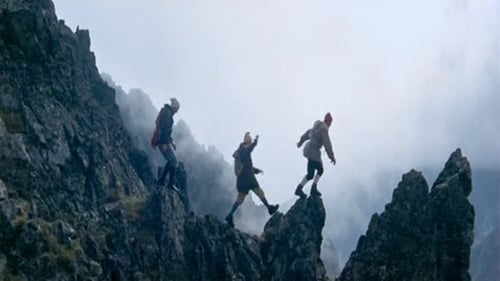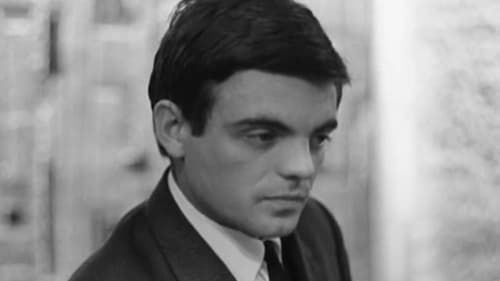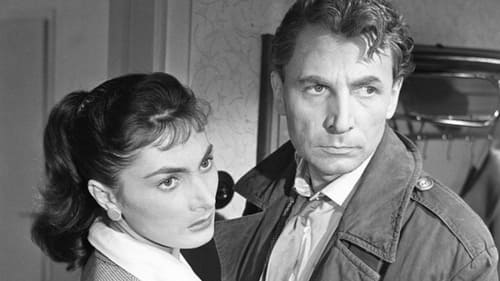
Sound
A dramatic story of three friends happily spending time on their own in a mountain cottage in the High Tatras. On the arrival of the wife of one of them their perfect friendship is put to a test.

Sound
"Using the same, three times repeating dialogue – dramatic conversation between man and woman – Jerzy Skolimowski from Poland, Slovak director Peter Solan and Czech director Zbynìk Brynych shot three different stories. The result was an extraordinary experiment in the world cinema, which we can call an insight in the relationships of men and women of different age groups, an analysis of love and marriage of those who are at the beginning, in the middle or going towards the end of their life."

Sound

Sound
A woman prisoner is harshly incarcerated and suddenly released.

Sound

Sound

Sound

Sound

Sound
Two female clerks using up their savings to enjoy a few days of carefree life, two plumbers looking for an erotic adventure, a building contractor determined to drink away all wages of his workers and a former major who became an alcoholic due to political persecution — these people meet in a ski resort bar somewhere in the High Tatras. During one night they gradually reveal their unfulfilled dreams, illusions and disappointments of ”average" people of those times.

Sound

Sound

Sound

Sound

Sound

Sound

Sound

Sound

Sound
On this naive and awkwardly narrated fairy tale it is remarkable that it also established the tradition of fairy tale stories in Slovakia. A certain refinement is the framing of the whole story with a puppet show that moves into the played scenes. The film carries out a folk tale of a stupid castle lord who lives in a ruined castle, a fraudulent painter and a lazy shepherd.

Sound

Sound

Sound

Sound

Sound
Drama about the rebellion of the Trencín Infantry Regiment against its superior officers in the Serbian city of Kragujevac, at the end of the First World War. It was the biggest and deadliest rebellion in the Austro-Hungarian army.

Sound

Sound

Sound

Sound
Slovak movie is based on the novel by the prominent representative of Slovak prose František Hečka, who was in 1952 awarded the State Prize. The novel and the movie successfully capture the development of Slovak village after the liberation in 1945. The narrative is centred around the characters of the old Púplava, who after the liberation begins to organise a new village life, and his struggle for the construction of settlements Mrzáčky, burnt by the fascists. It is centred around the conflict, greatly reflecting the situation of the countryside at this time: the conflict between the rural poor and the rural rich. In the movie, a rich personal and emotional life of other heroes pulsate besides the main storyline. The movie ends with the final defeat of the reactionary forces by Communists in February 1948, taking over all power in the state of workers and peasants. - "The Wooden Village" is released in celebration of the 7th anniversary of the Communist February Victory.

Sound

Sound

Sound

Sound

Sound

Sound

Sound

Sound

Sound

Sound

Sound

Sound

Sound

Sound
The story of the great strike of the workers building the Cervena Skala - Mergecany railway line

Sound

Sound

Sound

Sound

Sound

Sound





